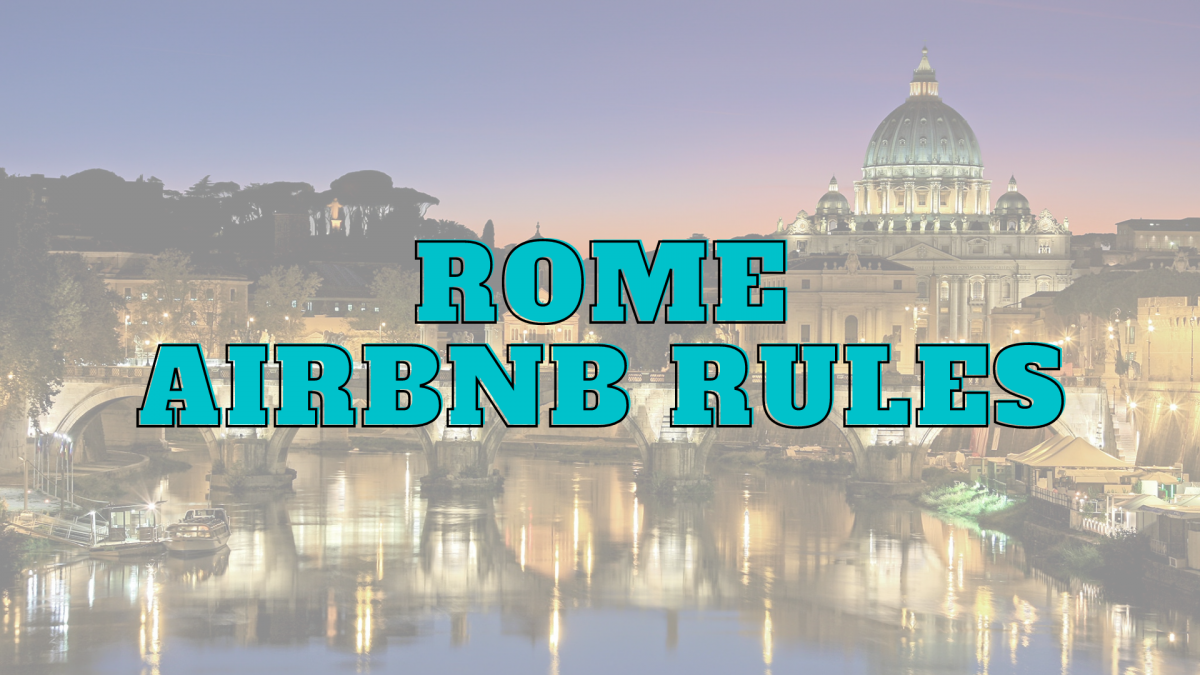Airbnb host Italy Italy is undoubtedly one of the remarkable countries that complete the beauty of Europe. Its world-renowned attractions, classic architecture, and renaissance art have always attracted tourists from across the globe. Apart from this, Italy’s top economy makes it an ideal country to start successful property investments. Let’s not forget that it’s also […]






